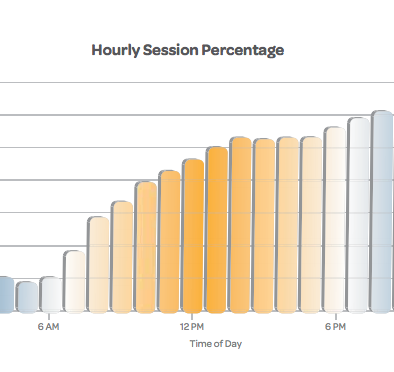Influence marketing has become a core marketing discipline, with more than two-thirds of marketers saying they’ll be dedicating 20% or more of their marketing resources to social media influence campaigns in the next 12 months. But the majority will not be using social scoring platforms to support those efforts, saying they are “not sold on social scoring as a valid measurement.”
According to a new influence marketing survey of about 1,300 marketing professionals conducted by Sensei Marketing Inc. and ArCompany Inc., marketers are sold on social influence–but not on influence measurement tools: 28% say social media influence marketing is a “key part of the majority of their marketing campaigns,” 37% say they have “occasionally” adopted social influence campaign, and another 15% are assessing the viability and cost/resources required. The majority, 68%, say they plan to dedicate one-fifth or more of their marketing budgets to social media influence in the next year.
But they’re not necessarily using social scoring tools like Klout to do so. 79% have used social scoring platforms, with 43% having used them “several times.” But more than half–55%–say that these tools are not useful: the results are too varied, and its “hard to understand why these influencers should be contacted;” 94% say they just don’t trust the tools. As a result, the majority (64%) use the scores as just the starting point, and then manually sift through the results to identify influencers to work with.
Only 5% say that these influence measurement tools are a key part of their marketing strategy. And only 3% say that yes, the scores do actually indicate a higher degree of influence. 62% say that it is unlikely they will use social scoring tools in the next year, and another 7% say there is zero chance they will use these tools to identify influencers.
The reason that influence measurement tools are getting such a low review? Marketers report that they are either not useful–or they are not familiar with them. Half of the marketers rated Klout a 1 or a 2 in terms of its usefulness to them as a marketer, on a scale of 1 to 10 where 10 is the highest rating. 30% rate Technorati the same low score. But while they don’t rate Klout or Technorati very highly, they’re typically not familiar with any of the many alternative influence measurement tools on the market. “Don’t know” was the highest rating for Kred (47%), PeerIndex (44%), Traackr (41%), Empire Avenue (64%), Appinions (73%), Tweetlevel (67%), Swaylo (78%), and Crowdtap (75%).
How do marketers define influence marketing? The majority, 60% see its value as being about word of mouth, defining it as “the ability to connect with online users who can share your message to a wide audience.” 44% see it as a lead generation tool, 24% a customer acquisition tool, and 16% a branding exercise.
How do you plan to use influence marketing in the coming year? Will you be looking at some of the newer tools that are not yet as widely known, or have you written off influence measurement tools altogether?
If you’re interested in learning more about the discipline of influence marketing, Sensei Marketing’s Sam Fiorella and ArCompany’s Danny Brown are the co-authors of the upcoming book, Influence Marketing: How to Create, Manage and Measure Brand Influencers in Social Media Marketing (for which I acted as technical editor.)


